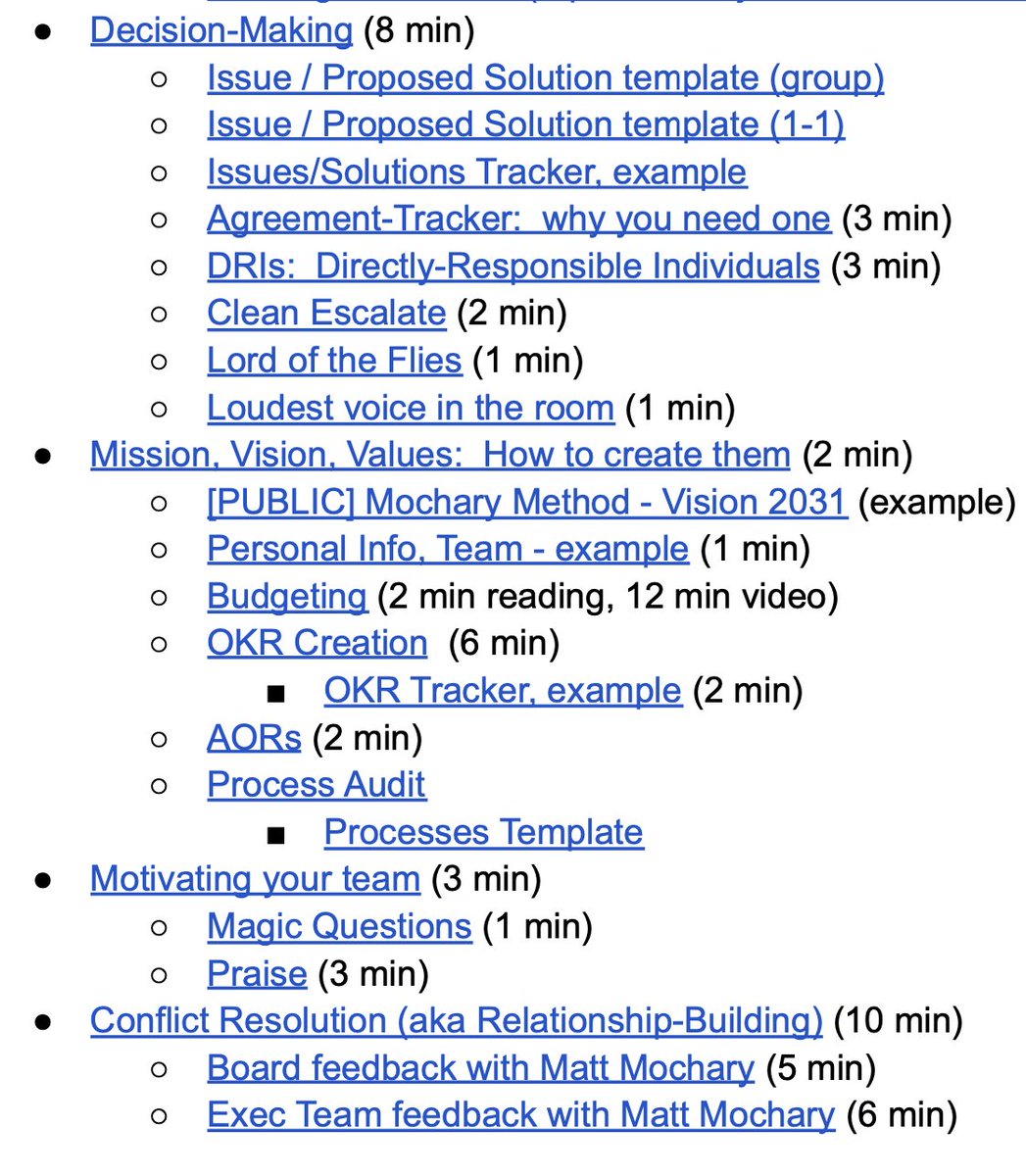A couple months ago, I got an email out of the blue from someone I had never met or heard about.
Today, that person co-hosted a webinar with me that had over 470+ registered and 130+ live
👇 Quick lesson on how to successfully pitch partnerships and co-marketing opportunities
How did he get in contact with me?
He sent a cold email, but not just any email. It was clearly personal, relevant, and conversational.
Lesson: Notice the language he used and how he tied it back to previous webinars.
Not only was it well written, but I could also easily judge if he'd be a good fit based on the article he wrote and linked to.
It's SUPER well-written and proved that he knew what he was talking about.
Lesson: Make your "ask" as easy as possible to consider.
There were three things that made the webinar a big success:
1. Tyler sent the webinar to his email list and did a lot of promotion.
2. He prepared ahead of time and put a lot of work into the deck, even incorporating some Baremetrics assets and references.
3. He had fun
Super appreciate all the work @TylerHakes put into today's "SEO for SaaS"
If you missed it, here's the recording:

